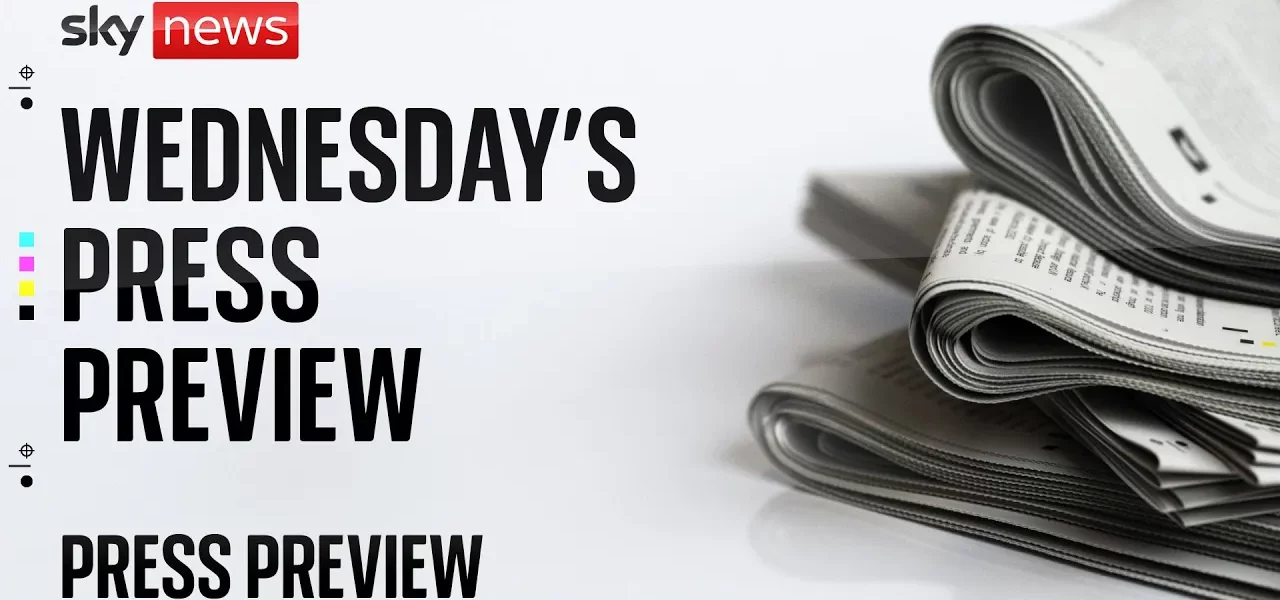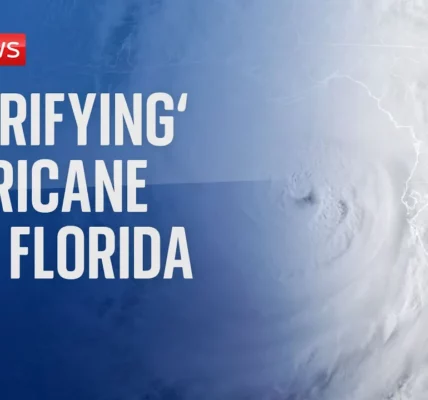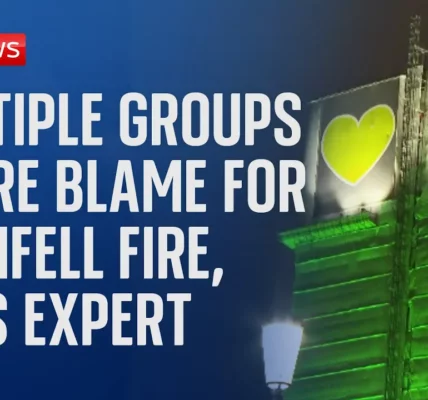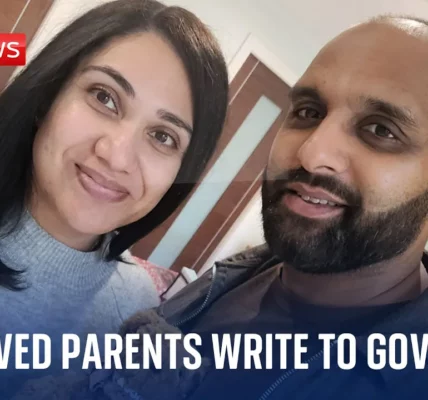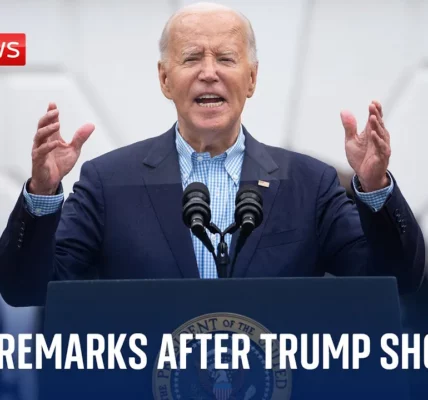Leaders’ Debate Analysis: Tim Montgomery and Jenny Clan’s Insights

Join us as we delve into the recent leaders’ debate, exploring key moments, media reactions, and expert insights from conservative commentator Tim Montgomery and journalist Jenny Clan. This article will provide a comprehensive overview of the debate’s impact on public opinion and the upcoming elections.
Introduction
The recent leaders’ debate has sparked widespread discussion and analysis, particularly among political commentators and the public. Tim Montgomery and Jenny Clan provide their insights on the performances of Rishi Sunak and Keir Starmer, highlighting the strengths and weaknesses displayed during the debate. With the Conservative Party trailing in the polls, the stakes were high for both leaders, and their ability to connect with voters has never been more crucial.
Key Moments from the Debate
Initial Reactions
As the debate unfolded, the initial reactions were not overwhelmingly positive. Both Montgomery and Clan observed that the format led to a lack of clarity and coherence. The phrase “this is not edifying” encapsulated the sentiment shared by many viewers who felt frustrated by the candidates talking over each other.
Rishi Sunak’s Performance
Tim Montgomery noted that Rishi Sunak’s approach was aggressive, aiming to capitalize on his position as Prime Minister. However, Montgomery pointed out that Sunak’s repeated mention of “Mr. Fur” came across as desperate, indicating a struggle to resonate with voters. Key highlights include:
- Sunak’s attempts to downplay the controversies surrounding his leadership.
- His focus on the Conservative Party’s past successes while navigating current challenges.
- His strategy to frame the Labour Party as a threat to economic stability.
Keir Starmer’s Strategy
Conversely, Jenny Clan highlighted Keir Starmer’s need for a stronger rebuttal against Sunak’s claims. Although Starmer made some solid points, his inability to counter Sunak’s assertions effectively left him vulnerable. Clan emphasized that:
- Starmer needed to be more assertive in defending his party’s policies.
- His reluctance to engage aggressively may have cost him crucial points in the debate.
- He must find a way to communicate his vision clearly to the electorate.
Media Coverage and Public Reaction
Headlines That Captured the Debate
Following the debate, various newspapers captured the essence of the event with striking headlines. The media’s portrayal can significantly influence public perception, and the coverage varied widely:
- The Daily Mail: “Fiery Rishi Comes Out Swinging”
- The Metro: “Shaky Start for Farage”
- The Financial Times: Focus on broader implications in Indian elections
Public Sentiment
Public feedback suggested a mixed reception. Many viewers expressed disappointment over the lack of substantive debate, focusing instead on soundbites and catchphrases. The frustration was palpable, with calls for deeper discussions on policies rather than superficial exchanges. Social media reactions highlighted:
- Calls for politicians to provide more detailed plans.
- A yearning for a return to meaningful political discourse.
- Concerns over the superficial nature of current political debates.
Conclusion
In summary, the leaders’ debate showcased the challenges faced by both Rishi Sunak and Keir Starmer as they navigate a contentious political landscape. With a significant election on the horizon, both leaders must refine their strategies to connect with voters and present their visions compellingly. The media’s role in shaping public perception cannot be understated, and as we approach the elections, it is crucial for both parties to focus on substantive debates rather than soundbites. For more insights on political developments and election strategies, explore our related articles on political analysis and election coverage.
“`
